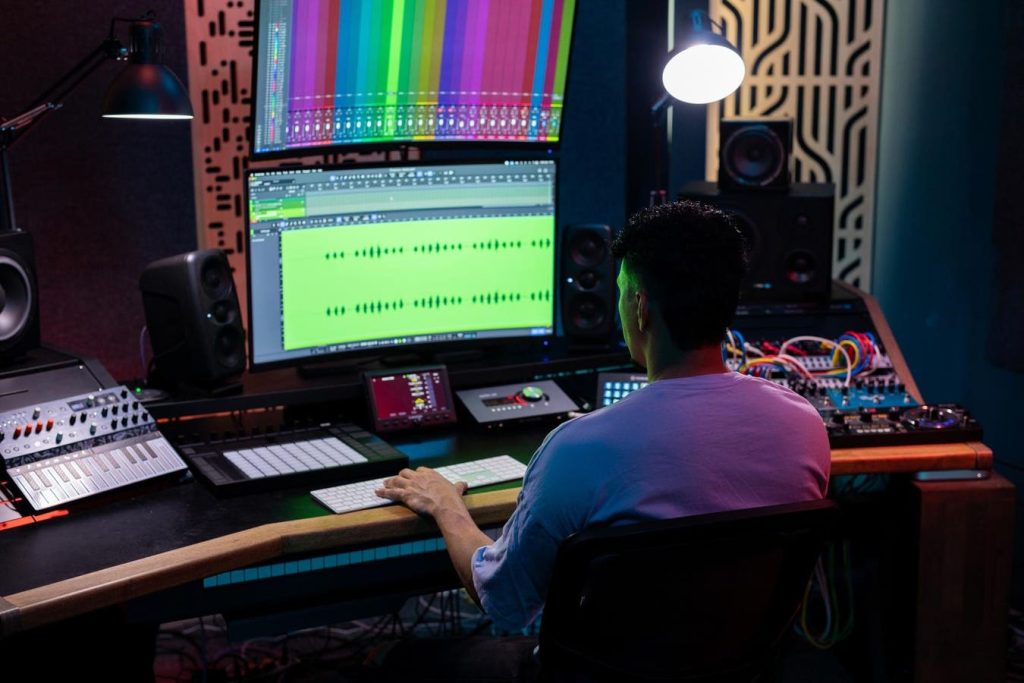Michael Huppe, President & CEO of SoundExchange and an adjunct music law professor, believes that AI has the potential to transform the music industry once again. As new technologies have regularly disrupted and transformed the music industry, many are watching the industry’s response to AI and questioning whether it will lead to a redux of the Napster saga from the late 1990s and early 2000s.
During the Napster era, the music industry faced challenges with peer-to-peer sharing platforms that allowed users to access music without copyright approval. This led to battles and lawsuits over the unauthorized sharing of music. However, the aftermath of Napster also paved the way for the streaming models that dominate the industry today, with 84% of recorded music revenue now coming from streaming platforms.
Huppe believes that the industry’s response to AI is different from the Napster years, with a more constructive approach being taken this time around. Many industry participants, including artists and record labels, are embracing the potential of AI and seeking to incorporate it into their creative processes while still respecting and compensating creators.
Legislative engagement with AI has been greater compared to the response to Napster, with numerous bills being introduced at both the federal and state levels. Lawmakers recognize the need to protect creators while acknowledging the importance of taking action to address the challenges posed by AI in the music industry.
Tech giants and leading AI companies have also recognized the need for limits and safeguards when it comes to AI. Companies like Meta, Google, and OpenAI have agreed to AI safeguards set by the White House to guard against risks, potential societal harms, and vulnerabilities, marking a significant change from past resistance to self-regulation.
Overall, there is a noticeable difference in attitudes towards AI in the music industry compared to the Napster era. There is a greater recognition of the need to embrace new technologies and find ways to work with AI to benefit creators and the industry as a whole. Huppe advocates for the “three C’s” of music and AI—consent, credit, and compensation—as key principles to guide the industry’s engagement with AI, fostering a more positive and collaborative relationship between AI and music.


